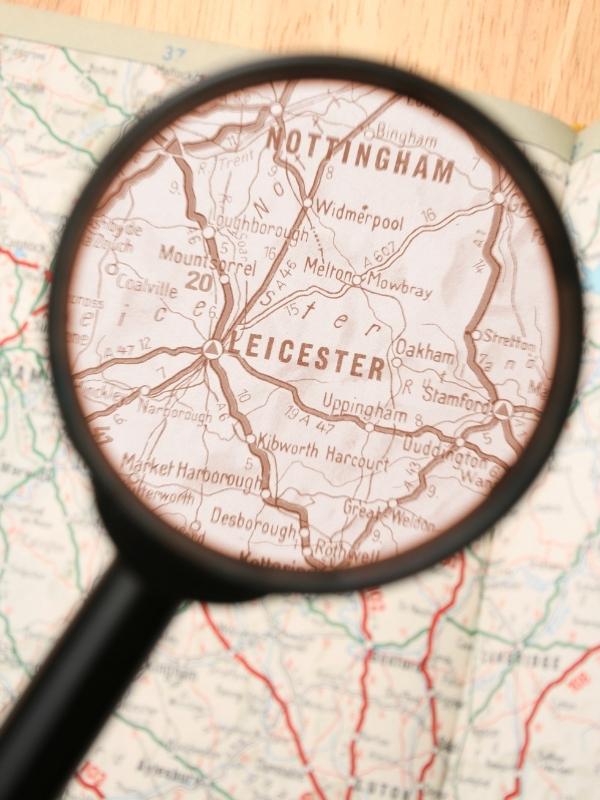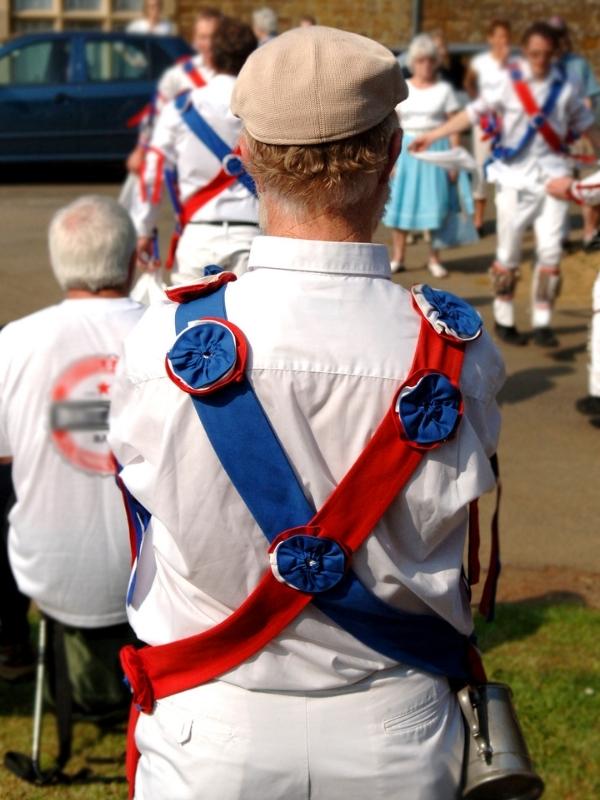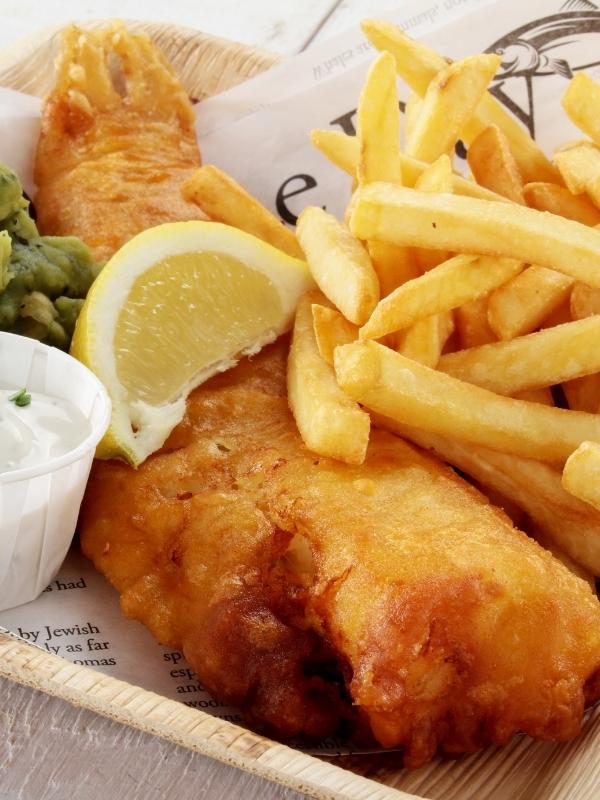This post may contain compensated links. Please refer to my disclosure here for more information.
Podcast Episode 7 – Things to know before you visit England for the first time
Do you have questions about visiting England in relation to the often unspoken social rules, expectations and etiquette? Asking for information and expectations around tipping for example is one of the most commonly asked questions in our Facebook group and by email.
In this episode of the podcast discover 14 things that are useful to know when you’re visiting England for the first time. This episode will answer a few of those questions that you have at the back of your mind and possibly surprise you with some of the quirks of being English!
Click the blue button below to listen:
Podcast Episode 7 – Show Notes
Tips for first time visitors to England
Topics covered in this episode include:
- Travelling on the Tube in London > Keep right on escalators!
- Understanding the geography of the UK > Understanding the difference between the UK, Great Britain, England, Scotland, Wales and Northern Ireland and being English, Scottish, Welsh or Northern Irish.
- Correct pronunciation of English place names > Some places are not pronounced the way you may think which often creates some confusion!
- Tipping > Discover expectations around tipping
- Where to find public restrooms > We provide some suggestions about how to find the nearest WC!
- The different regional accents you may hear > Geordie, Scouse and Cockney and more
- Different foods to try during your visit including fish and chips of course!
- The weather > Read our guide to the best time to visit the UK
- Exploring the countryside with a guide > John England Tours was discussed for those of you looking for personalised driver guided tours in South East England
- What to pack for UK seasons > Discussion about considerations about clothing and show choices when visiting the UK in winter etc
Places mentioned in this episode include
- Northumberland and the North East of England
- Loughborough and Leicester > Located in the Midland and Alnwick, Berwick and Cambois > located in the North East of England
- Beautiful areas and cities to visit including Canterbury, Bath, Brighton, York, The Cotswolds, the Peak District and the Lake District.
A transcript of this episode is available to read – click here to download a PDF version.
Useful resources
We also have some useful planning resources on this website for
- Podcast – How to plan a trip to London



Subscribe and review
If you have found our Podcast helpful please leave us a review! We really appreciate your support and it will help make our podcast visible to a greater audience.
Please subscribe so you don’t miss any future episodes!
🇬🇧 Plan your trip to the UK 🇬🇧
We are here to help you plan your trip to the UK – wherever you are heading in England, Scotland, Wales or Northern Ireland. Our step by step guide to planning your trip and our itinerary planning challenge are great places to start. Join our free UK and London Travel Planning group on Facebook and chat with other travellers planning (or recently returned) from the UK.
Subscribe and receive our monthly news with travel tips and special offers plus podcast updates. Click here to subscribe!
